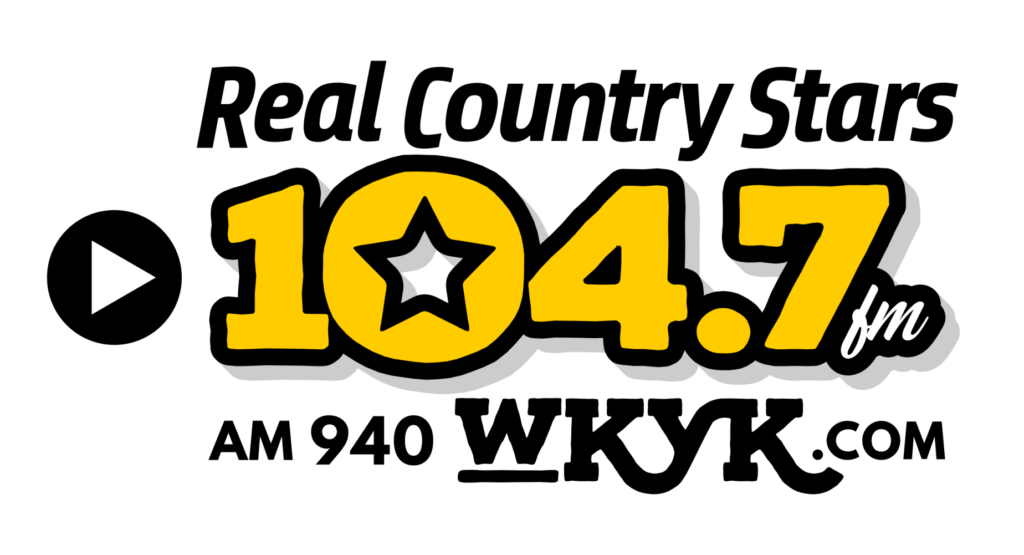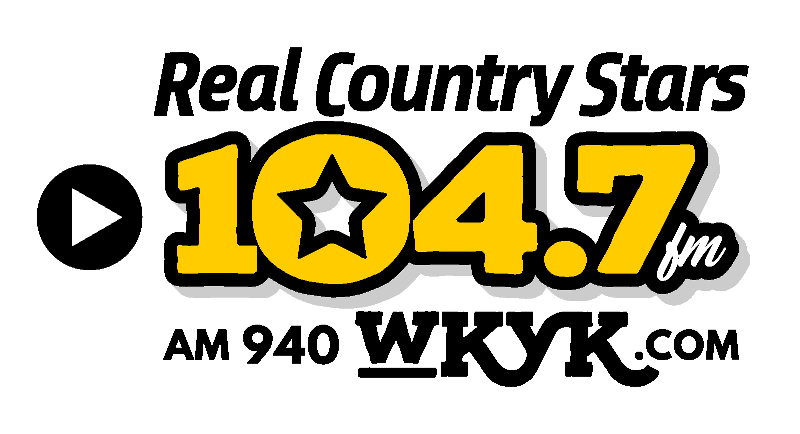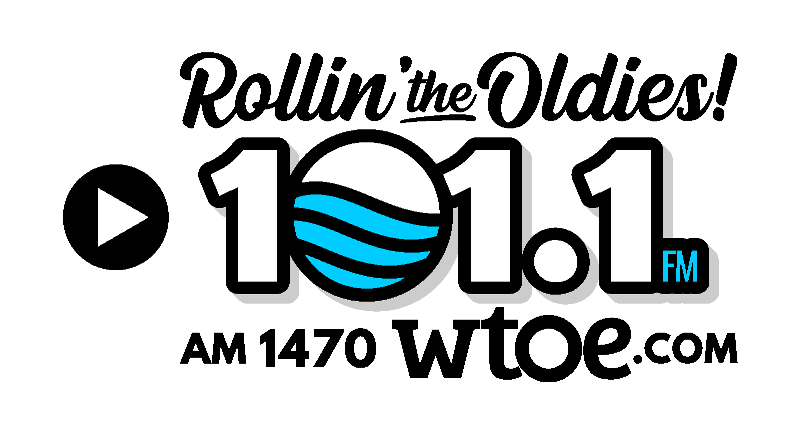- Today, Governor Roy Cooper and North Carolina Department of Health and Human Services Secretary Mandy K. Cohen, M.D. announced that state government would begin verifying vaccination status of its workers. Employees not vaccinated are required to wear a mask and be tested at least once a week. Today’s announcement comes as North Carolina’s latest upswing in COVID-19 cases and hospitalizations is driven by unvaccinated North Carolinians. Read more.
- The North Carolina Healthcare Association (NCHA) recently announced its position approved by the association’s board of trustees supporting COVID-19 vaccination requirements for healthcare workers. In response, NCDHHS Secretary Cohen shared a statement. Read more.
- NCDHHS announced it has expanded its COVID-19 wastewater surveillance program from 10 to 19 sites to better identify areas where virus is spreading. Read more.
COVID-19 Vaccinations:
- A free COVID-19 vaccine is available to all who want it. Our goal is to vaccinate as many people as quickly as possible. Vaccination is open to everyone 12 and older.
- Please contact a provider to find out if you need an appointment or to confirm the type of vaccine they are providing. The Pfizer vaccine is approved for people age 12 and older, while the Moderna and Johnson & Johnson vaccines are approved for adults 18 and older. The Pfizer and Moderna vaccines require two shots a set number of days apart. Johnson & Johnson is a one-dose vaccine. To find a provider closest to you, use our Find My Vaccine Provider online tool.
- For more information on the COVID-19 vaccines, visit YourSpotYourShot.nc.gov or call the COVID-19 Vaccine Help Center for free at 1-888-675-4567.
COVID-19 Testing:
- Anyone who has symptoms of COVID-19 should get tested. If you are sick, use the Check My Symptoms tool to help you determine if you need a COVID-19 test. People who are not vaccinated and do not have symptoms but may have been exposed to COVID-19 should also get tested, especially people from historically marginalized communities, including Latinx/Hispanic, Black/African American and American Indian Populations, who have been disproportionately affected by the virus.
- North Carolina has upcoming testing events scheduled in multiple counties throughout the state. For an up-to-date list of events, visit the Community Testing Events webpage. Many events offer testing at no cost. For more details about a specific event, call ahead before you go for a test.
- North Carolina COVID-19 testing is also provided at some local health departments, doctor and clinician offices, hospitals and clinics, many pharmacy sites and retail outlets, and other community locations. Some people who work in long-term care facilities and other high-risk settings may be tested through their work. You can find testing sites by using the Find My Testing Place tool online.




